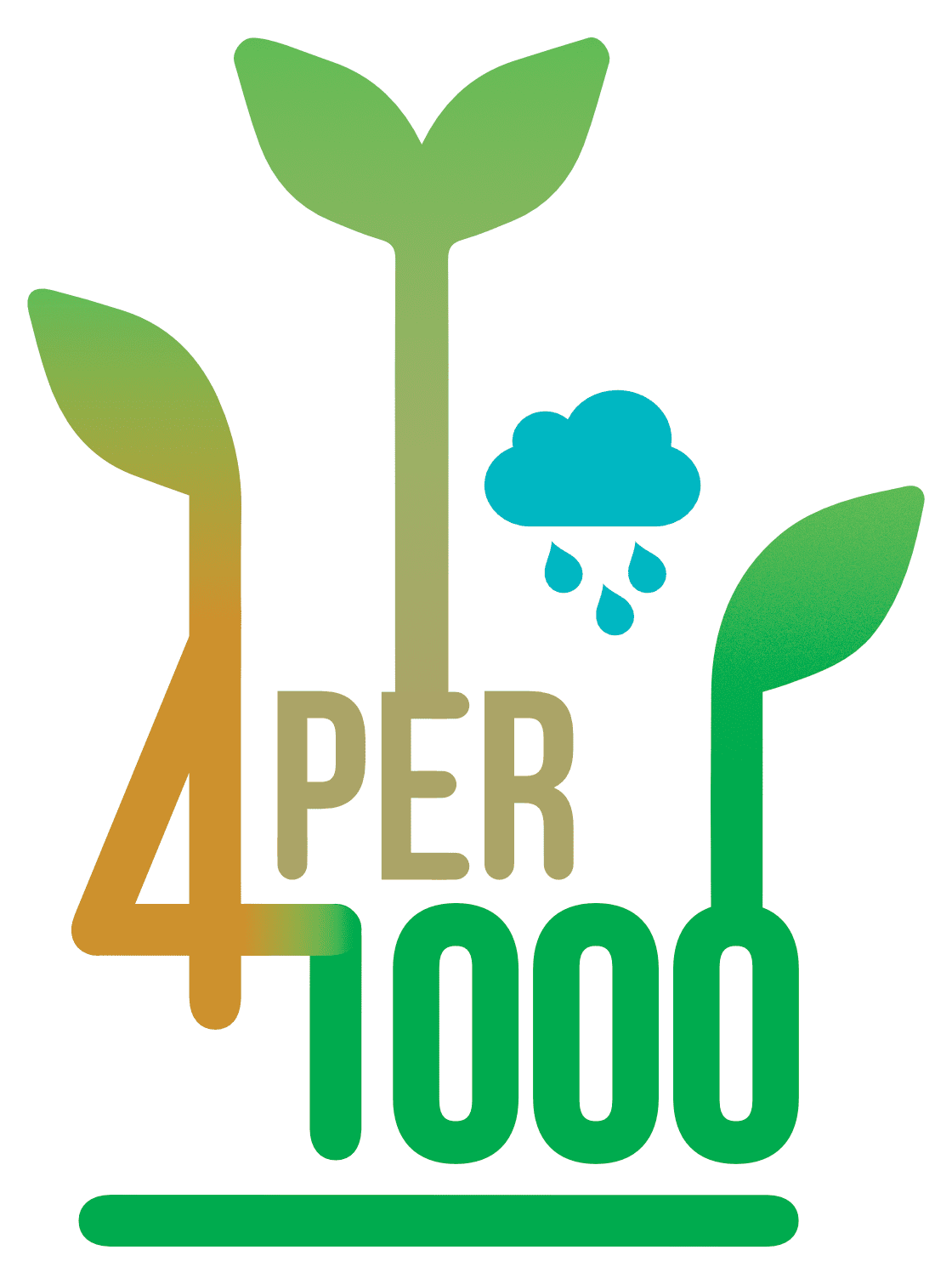The resources of the Initiative
In this section, find the resources (various documents, reports, videos, etc.) published by the “4 per 1000” Initiative and its Partners.
Sort By
- Title
“GIEC : des solutions pour un meilleur usage des terres dans la lutte contre le réchauffement climatique” – 2019 – TV5 Monde
Pascal Hérard/ TV5 Monde - 07 aoû 2019
“Global carbon sequestration potential of agroforestry and increased tree cover on agricultural land” – 2022 – Zomer R.J, Bossio D.A, Trabucco A, Noordwijk M, Xu J
Robert J. Zomer, Deborah A. Bossio, Antonio Trabucco, Meine van Noordwijk & Jianchu Xu in Maximum Academic ...
“Can N2O emissions offset the benefits from soil organic carbon storage?” – 2020 – B.Guenet, B.Gabrielle, C.Chenu, D.Arrouays & al
Bertrand Guenet & al.
To respect the Paris agreement targeting a limitation of global warming below 2°C by 2100, and possibly below 1.5°C, drastic reductions of greenhouse gas emissions are mandatory but not sufficient.
“Changes in soil organic carbon under perennial crops” – 2020 – A.Ledo, P.Smith, A.Zerihun, J.Whitaker & al
Alicia Ledo & al.
This study evaluates the dynamics of soil organic carbon (SOC) under perennial crops across the globe. It quantifies the effect of change from annual to perennial crops and the subsequent temporal changes in SOC stocks during the perennial crop cycle.
“GSOC MRV Protocol: A protocol for measurement and MRV of soil organic carbon in agricultural landscapes” – 2020 – FAO/GSP & “4 per 1000” Initiative
This important protocol for measurement, monitoring, reporting and verification of soil organic carbon in agricultural landscapes was produced in September 2020 by the Global Soil Partnership (GSP - FAO), with the contribution of the Scientific and Technical Committee of the "4 per 1000" Initiative
“Guia de buenas practicas agragrias” – 2020 – Carbocert
Guía de buenas prácticas agrarias Carbocert - secuestro de carbono y mejora del suelo en cultivos agrícolas mediterráneos.
In Spanish language - related to the mitigation strategy of agriculture, based in carbon fixation by soils and perennial woody structures of crops, offering with simplicity and clarity a series of agricultural managements, in six reference crops of the Mediterranean contour (wheat, olive, vine, citrus, almond tree and rice), which have scientifically proven their effectiveness not only in the increase of carbon sequestration in soils and in perennial structures, but also in matters of improving biodiversity, water retention, etc.
“¿Habrá comida para todos en el año 2050?” – 2017 – El Tiempo
El cambio climático y, sobre todo, el mal uso del suelo dedicado a la agricultura están recortando la producción de alimentos en el planeta. En 2050 seremos 9.000 millones de seres humanos, ¿preocupan estas cifras?
“Healthy, fertile soil is vital for us and the planet” – 2018 – The Scotsman
Dr Matt Aitkenhead and Dr Cathy Hawes in The Scotsman - 5th January 2018
“Healthy soil, good for the farmer, good for the Planet”: comments on the New York Times paper ‘Can Dirt Save the Earth?'”- 2018 – Regeneration International
Many people believe that if you just focus on soil health, everything else will follow. This principal is prominently featured in a recent New York Times Magazine article, “Can Dirt Save the Earth?”, which examines the practicality of regenerative agriculture... Read more
“Healthy Soils Policy Survey Results” – 2019 – Breakthrough Strategies & Solutions
To help prepare for potential opportunities to advance healthy soils policy at the federal level in 2021, and at the state level on an ongoing
basis, Breakthrough Strategies & Solutions solicited input on policy solutions from a few dozen experts in the areas of agricultural policy and
healthy soils.
“How Wolfe’s Neck Farm is combating climate change” – 2017 – PressHerald.com
Mary Pols in PressHerald.com, October 29, 2017
“Impact de l’agriculture climato-intelligente sur les stocks de carbone organique du sol à Madagascar” – 2018 – Tantely Maminiaina Razafimbelo & al
Emmanuel Torquebiau & al.
L’agriculture climato-intelligente (Climate Smart Agriculture) vise à lutter contre le changement climatique et à s’y adapter tout en combattant l’insécurité alimentaire.
